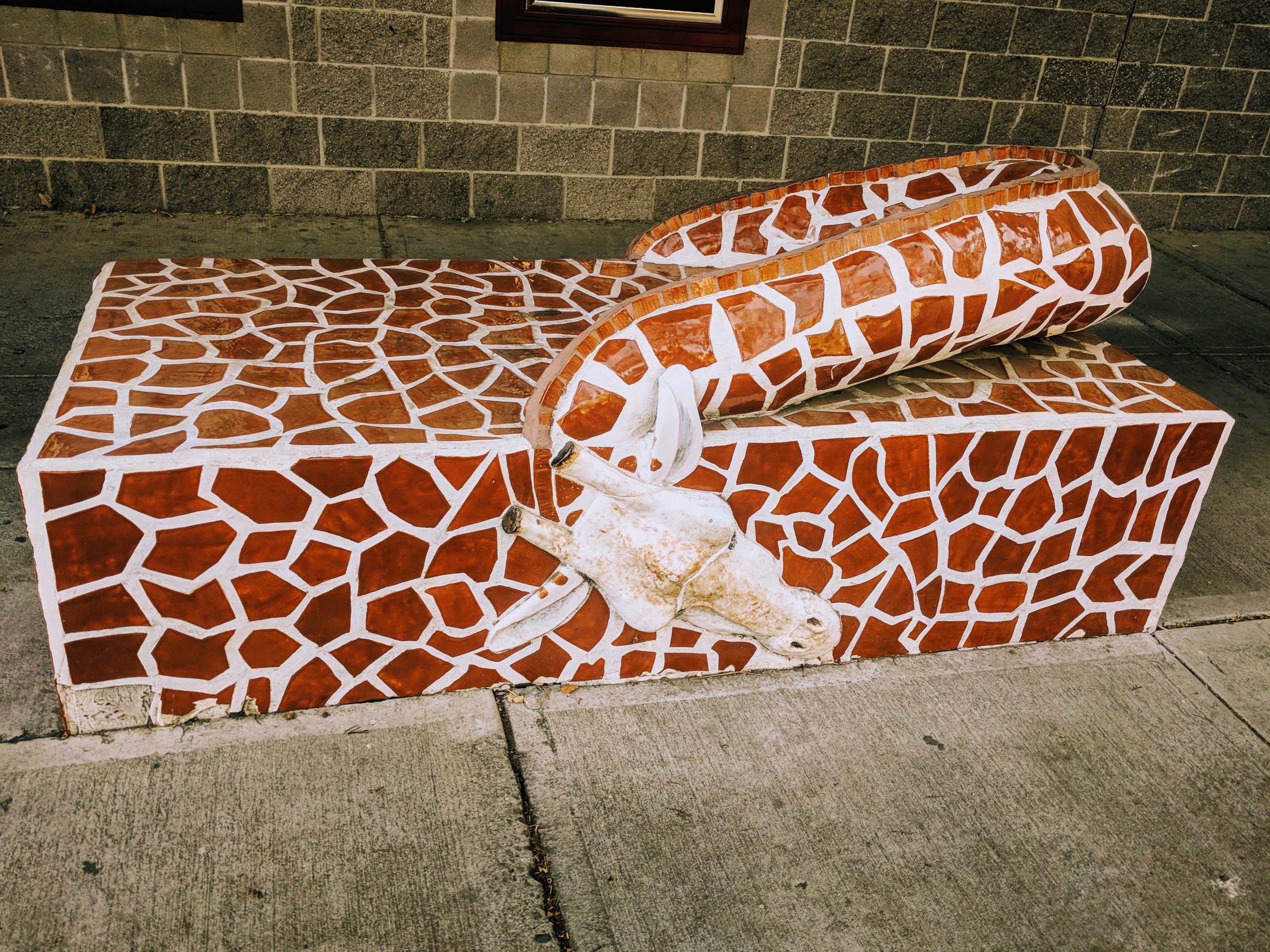As a medical student at UCSF, I attended a two-physician panel intended to orient us to the future we were heading toward before we commenced our third year clinical rotations.
One speaker was a gentle-voiced and charismatic academic internist who told us we were joining a tradition of healers who practiced the art of medicine.
Mastering the science was necessary but insufficient to understanding and helping fragile human beings; mastering the art of human connection was equally important in helping a patient achieve well-being. We had been chosen for our aptitude in both the science and art of medicine, and he exhorted us to accept this calling with all the weight and seriousness it deserved.
The other speaker was a blunt but admirably candid cardiologist, an employee of a large and rapidly expanding managed care organization. She told us we were trained mechanics for repairing the human body - no more - and that as the medical training pipeline churned out a steady supply of new mechanics to work in the business of health care, none of us should consider ourselves irreplaceable or special.
We were cogs in a large organizational wheel, and the sooner we accepted the reality of our role, the better we'd be able to function within it. Pick up your wrench, act competently in your role, enjoy the lifestyle benefits, and leave it to a competent system to fix the patients.
After the panel, I recall how we cheered the academic idealist and jeered the cardiologist; how we rejected her world view of physicians as one more common and vulgar commodity to be produced, purchased and consumed in the marketplace.
After a couple of decades working as a community doc, I am sad to say that the hospital has begun to take on the feel of a formula one pit crew.
Patients pull into my ER as my crew and I rapidly assess for damage and determine what can be patched up before getting them back out on the track.
- Correct hyperglycemia in the uncontrolled diabetic.
- Ensure the newly pregnant woman with bleeding is not experiencing a ruptured ectopic pregnancy.
- Image the abdominal pain to ensure there is no bowel obstruction, appendicitis, or other emergency.
We tighten the bolts, inflate the tires, and while it takes us hours (not minutes) we get them back out onto the track as quickly as we can.
Our ability to do so is measured with great precision. Metrics act as a measure of our value to the business of health care. How quickly we pick up our wrench, the door to mechanic time, and the speed with which the patient is back on the road is provided on a regular basis. The goal is to avoid being that month's lagging mechanic.
Those who are too injured to set out immediately are brought in, where a higher level pit crew salvages what it can. Treat the infection, perform the surgery, intubate, coordinate the intervention, and then as soon as there is a semblance of forward movement it's back onto the track with a follow up maintenance appointment with their primary doc.
What about to the human connection?
I still try, every time, but it gets harder and more heartbreaking as the business of health care breaks down further.
It is pandemic medicine, as it has been for over a year. I explain to a 98 year old in her wheelchair, a patient I am seeing for our first encounter in a converted garden area, that my ER is so overwhelmed there is no place for her.
I explain that she will get blood drawn and be wheeled to x-ray while waiting in this garden.
I watch her adult children (understanding, doting, appreciative) tend to her needs in the 3+ hours it will take before a bed finally becomes available for her in the ER.
I hope I am able to rise to the occasion to be that type of accompanying son, spouse, father when the day arrives and it will be my turn to wait.
Someone who was once kind and full of ideals will approach us, order the workup, show that germ of empathy that makes us feel grateful and connected and a little bit cared for.
I hope I'll get a mechanic who hasn't had the goodness beaten out of them, hasn't yet succumbed to the pressure of the pit crew pushing them to get this patient back out on the road as quickly as possible.
I used to be that guy; I worry about what's left of him.

